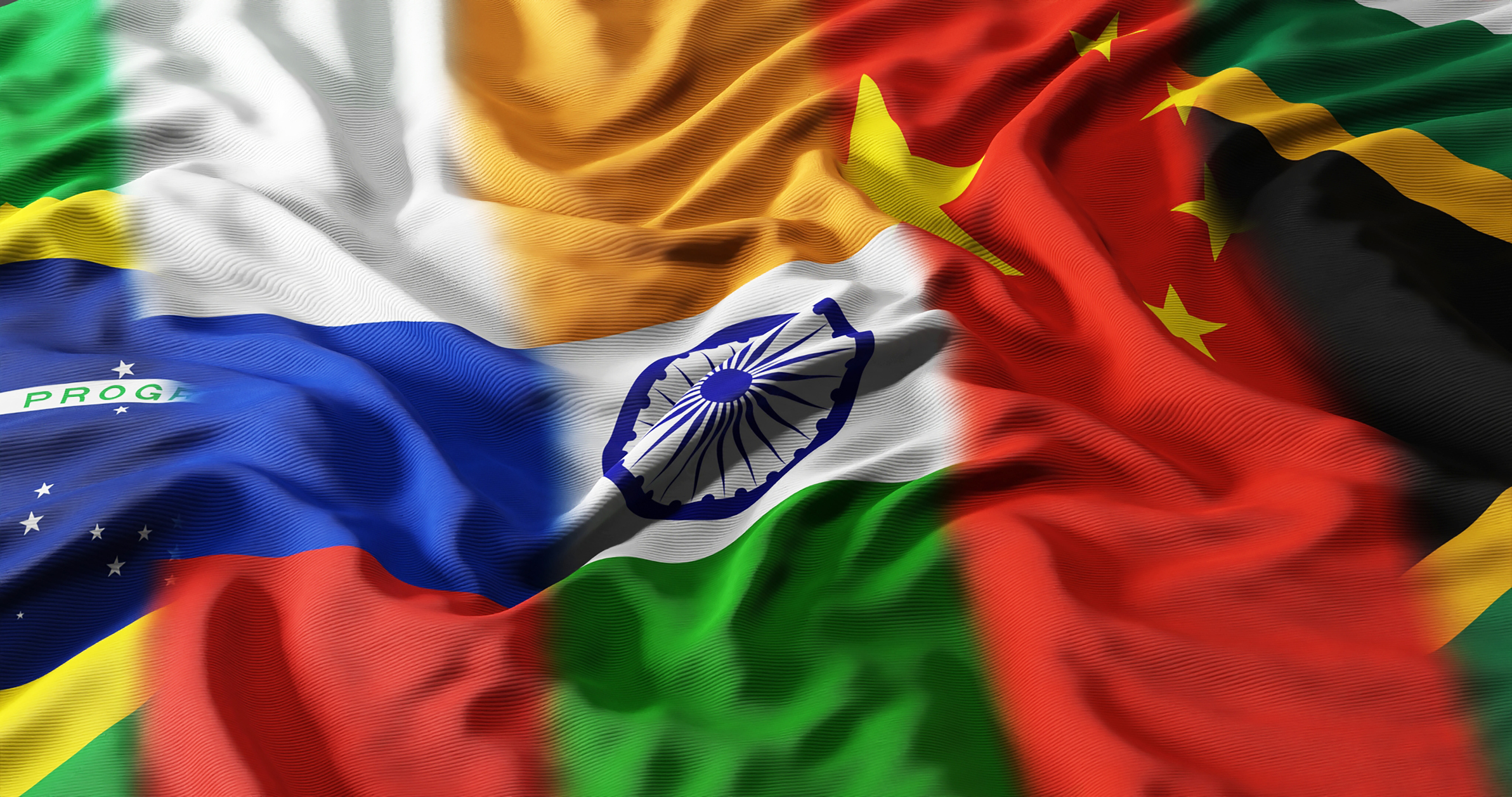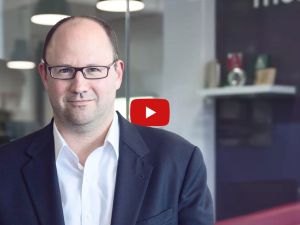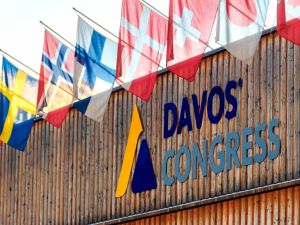The “BRICS” (Brazil, Russia, India, China and South Africa) countries recently met in Johannesburg for their 15th summit. The five participants agreed to expand the group to include six new members – Argentina, Iran, Ethiopia, Saudi Arabia, the UAE and Egypt. This has prompted a lot of discussion about the impact that the group might have on geopolitics and the global economy – as well as whether a new group name is in order.
There are a few points to make. The existing BRICS already play a crucial role in the global economy. They account for around 30% of global GDP and a higher percentage of global population, thanks particularly to the contributions of China and India.
While the individual countries of BRICS already have a significant impact on geopolitics, it’s not clear that the group itself has had a coherent impact on global events since they first met back in 2009. That may be because their national interests are not particularly closely aligned – be it as a result of the Sino-India dispute in the Himalayas or Russia’s conflict in Ukraine.
The expansion of the group is a fairly explicit attempt to dilute the role of the United States in geopolitics and international institutions. Even if there was broad agreement on that long-term goal, there’s less clarity on what, if anything, should replace it. Replacing the US with China as a global hegemon, for instance, probably isn’t a widely shared goal. But it’s probably fair to say that geopolitical fragmentation, and the erosion of existing international organisations, might appeal to some.
If BRICS were to become more relevant as a group, it would be interesting to see how international “overlaps” might play out. The bloc will now represent around 40% of global oil production, with the addition of Iran, Saudi Arabia and the UAE – would that make OPEC redundant? It could potentially accelerate the process of pricing commodities in currencies other than the US dollar, something that China, Russia and Iran would probably favour. Several of these countries are under some form of sanction via existing international organisations. If we see efforts to weaken those sanctions, then we might see further moves towards “near-shoring” or “friend-shoring” – where countries encourage businesses to invest in or trade with like-minded counterparts. It’s a trend that has already begun to emerge in terms of US-China relationships.
Historically, BRICS summits haven’t made a significant impact on the global stage, and the group itself has yet to harness the undoubted global power of at least some of its individual members. Expanding the number of countries probably won’t change that very much, especially in the short-term. We currently don’t see enough of an alignment of interests among the largest players. But the latest moves probably do represent another step in the trend towards greater economic fragmentation, the gradual realigning of at least some global influence away from the US and Europe. That likely means an increase in geopolitical risk, at least on the margin, and probably a continued re-alignment – albeit very gradually – in the flows of global trade and investment. We can already see governments shifting policy to reflect some of that, notably in the US, which has expanded its incentives for companies to invest domestically. It all adds up to an increasingly complex world for investors to navigate.
 Richard Flax: Richard is the Chief Investment Officer at Moneyfarm. He joined the company in 2016. He is responsible for all aspects of portfolio management and portfolio construction. Prior to joining Moneyfarm, Richard worked in London as an equity analyst and portfolio manager at PIMCO and Goldman Sachs Asset Management, and as a fixed income analyst at Fleming Asset Management. Richard began his career in finance in the mid-1990s in the global economics team at Morgan Stanley in New York. He has a BA from Cambridge University in History, an MA from Johns Hopkins University in International Relations and Economics, and an MBA from Columbia University Graduate School of Business. He is a CFA charterholder.
Richard Flax: Richard is the Chief Investment Officer at Moneyfarm. He joined the company in 2016. He is responsible for all aspects of portfolio management and portfolio construction. Prior to joining Moneyfarm, Richard worked in London as an equity analyst and portfolio manager at PIMCO and Goldman Sachs Asset Management, and as a fixed income analyst at Fleming Asset Management. Richard began his career in finance in the mid-1990s in the global economics team at Morgan Stanley in New York. He has a BA from Cambridge University in History, an MA from Johns Hopkins University in International Relations and Economics, and an MBA from Columbia University Graduate School of Business. He is a CFA charterholder.
*As with all investing, financial instruments involve inherent risks, including loss of capital, market fluctuations and liquidity risk. Past performance is no guarantee of future results. It is important to consider your risk tolerance and investment objectives before proceeding.





